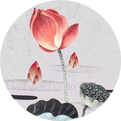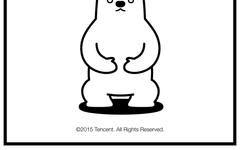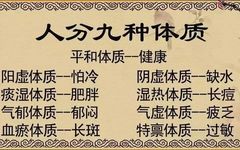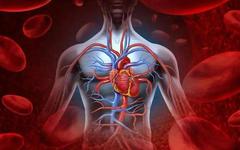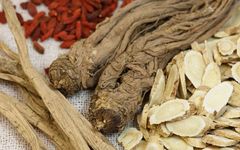Key Points for Practicing Pharmacists: Eight Principles of Differentiation
The Eight Principles (Ba Gang), which include Yin, Yang, Exterior, Interior, Cold, Heat, Deficiency, and Excess, form the theoretical foundation for learning differentiation and treatment in Traditional Chinese Medicine (TCM) and hold significant guiding importance in clinical diagnosis. The Exterior and Interior principles help differentiate the location of diseases, whether they are internal or external, … Read more



